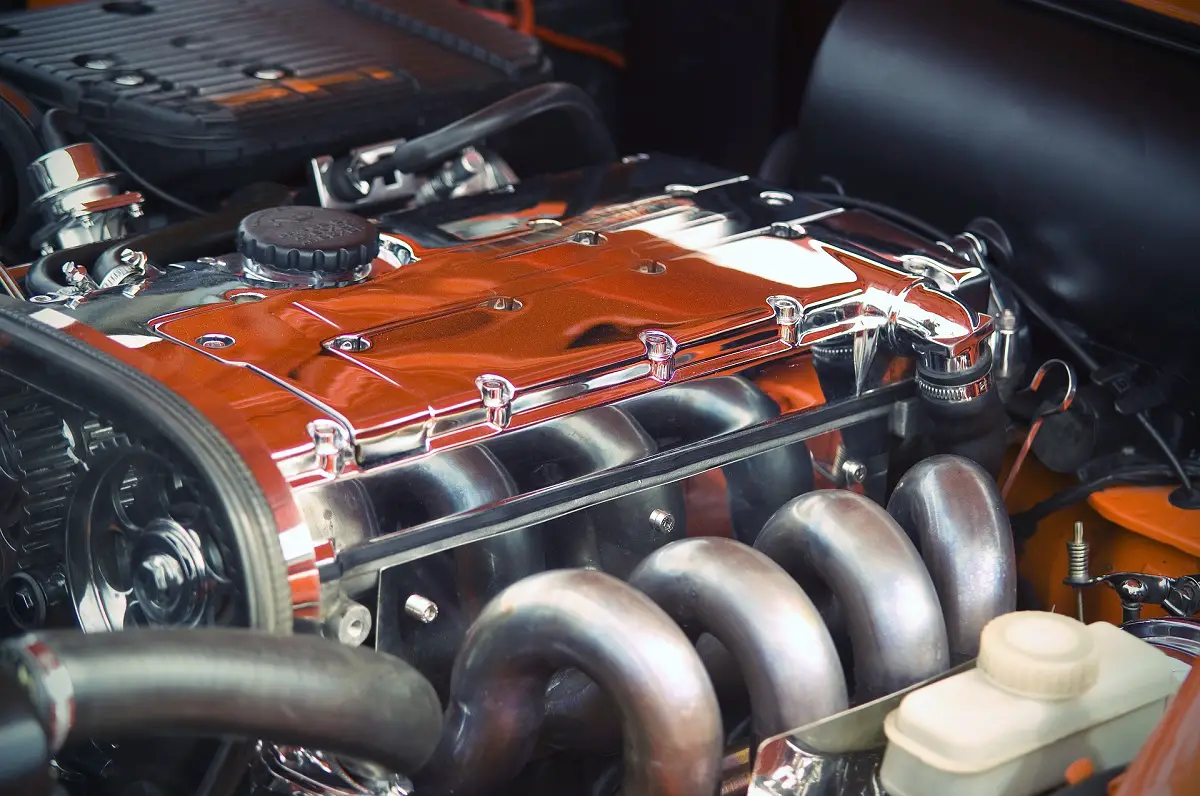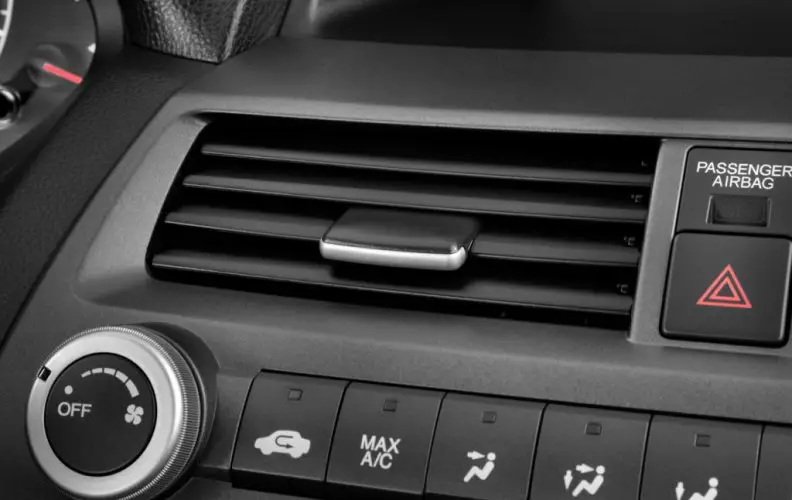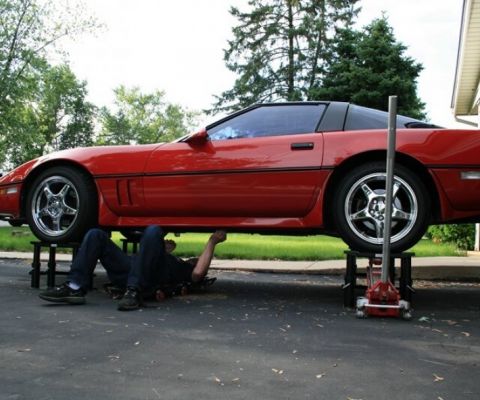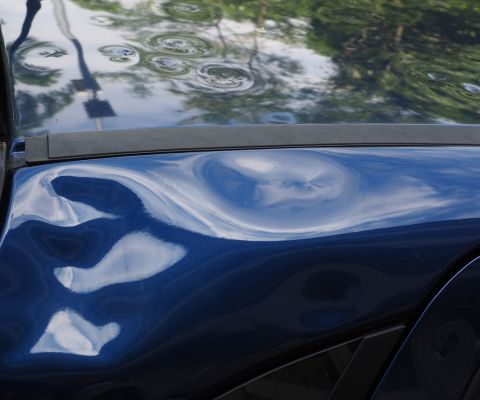A Complete Guide on How to Remove Rust From Tools
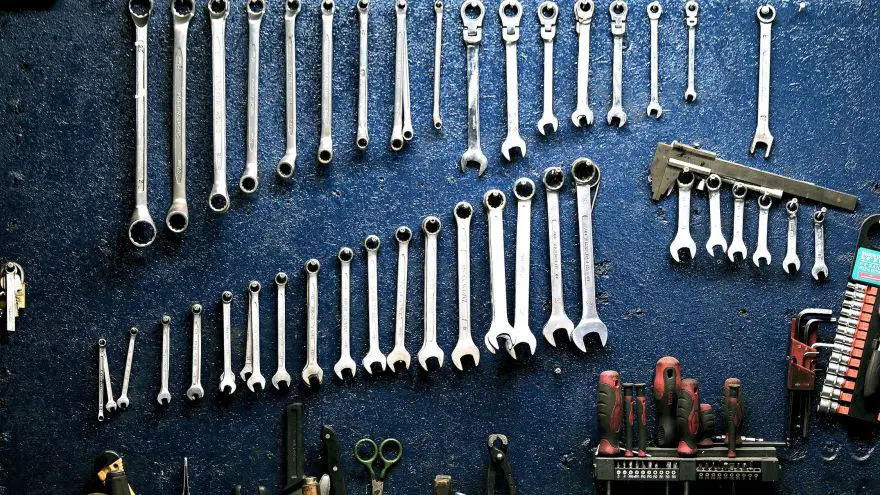 A Complete Guide on How to Remove Rust From Tools
drivrzone.com
A Complete Guide on How to Remove Rust From Tools
drivrzone.com
Rust has foiled many a home mechanic before. Anyone who’s tried to tune up their bike just after the rainy season knows how heartbreaking it can be to stumble across an open box of garage tools. Why? Rust.
Rust is that ugly brownish-red that coats tools, bikes, chain link fences, and other metal goods.
Many people think that rust on your tools means the tool must be unusable. That it’s time to throw them out. The general consensus thinks that since rusting has started, even if it hasn’t coated the tool yet, that metal object is a lost cause. Well, I’m here to tell you that that’s not the case; not even close!
Rust doesn’t mean the end of a tool’s life. In fact, it’s only the beginning. *insert final countdown music*
You can restore your tools to their original glory, and we promise that it doesn’t take as much work as you might think it does. If you’re looking to save your granddad’s favorite wrench, or just want to save money by not buying a new set of tools, look no further than this all-inclusive guide on how to remove that pesky metal-bound parasite. (Note: Rust is not a living organism, and therefore is not actually a parasite).
But wait… What is rust?
That’s actually, a really good question. This is something very few people actually know. Everyone has seen rust before. In all likeliness, you probably got it all over your hands as kids when you were climbing up old, metal school fences.
But what’s the process? What happens to cause the metal to rust?
HowStuffWorks tells us that rust happens when iron comes into contact with water and oxygen. It’s a type of corrosion which slowly eats away at your tools (or anything metal). Steel rusts as well, but aluminum doesn’t. This is because aluminum is a separate metal, while steel is made from iron– it’s called an alloy. This oxidation reaction (rusting) means that you can do two things:
- You can stop the rust from happening. It sounds simple, but easier said than done for a lot of mechanics.
- You can clean the rust off before it covers too much or eats too deep.
Tools usually rust because they’ve been left out, made wet, or are generally uncared for. Exposure to air is a death sentence for tools if you’re in a rainy climate. That soggy cardboard box isn’t going to come close to protecting your tools, and most mechanics will find that by the end of a fall, winter, or particularly rainy spring, the beginnings to the rust process are happening.
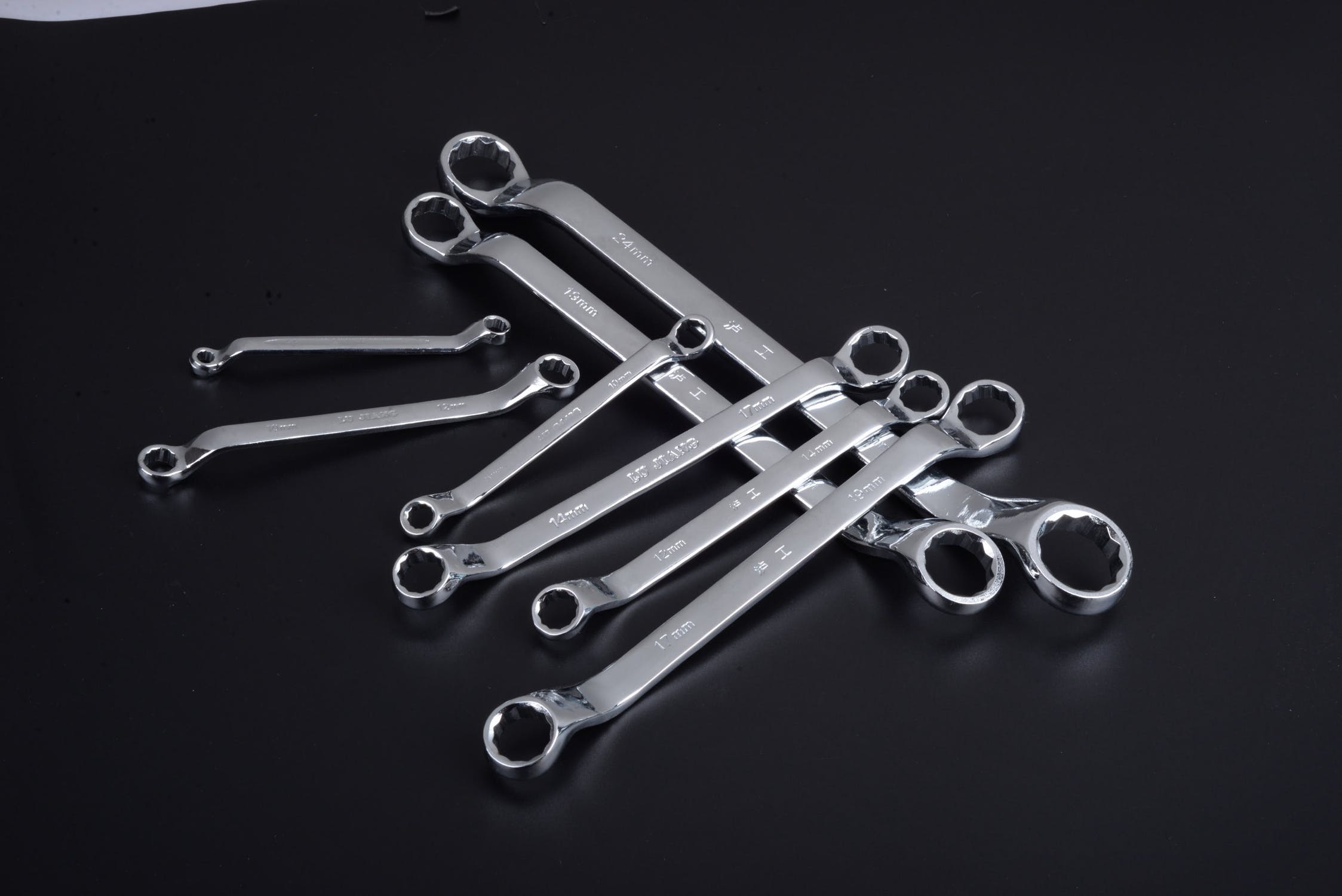
Okay, but how do you fix it?
Great question. Fixing rust is surprisingly easy, as long as you’re willing and able to put in a little elbow grease. Think of it this way: your tools haven’t been touched in a while. They’re grumpy, and feeling underappreciated. You need to give them a tune-up before using them again (probably to perform a tune-up … it’s kind of ironic).
You can either go out and buy an expensive rust cleaner, hoping that a $20 fix is just a car ride (and soak) away. Or, you can march into your kitchen and grab some essentials that you’ve probably got laying around. We’ll let you make the final choice, but you might be surprised at what it takes to fix those rusted tools.
Home Remedies:
When should you try to remove rust using household products, and when should you go for the extra-strength cleaners?
If you’re stubborn like me, trying household products first is a no-brainer. Plus, most of the time they work just as well as the extra strength, store-bought stuff.
Don’t expect any great miracles to happen though. You might end up stuck without a wrench for your Saturday fix-it session if you don’t plan ahead using these rust removal strategies.
Household options are much more accessible than pre-mixed products though, as most of us have these things kicking around in our kitchen. Not to mention the money saving opportunity! Penny pinchers, look no further: you can de-rust and restore even the saddest looking tools using these home remedies for rust removal.
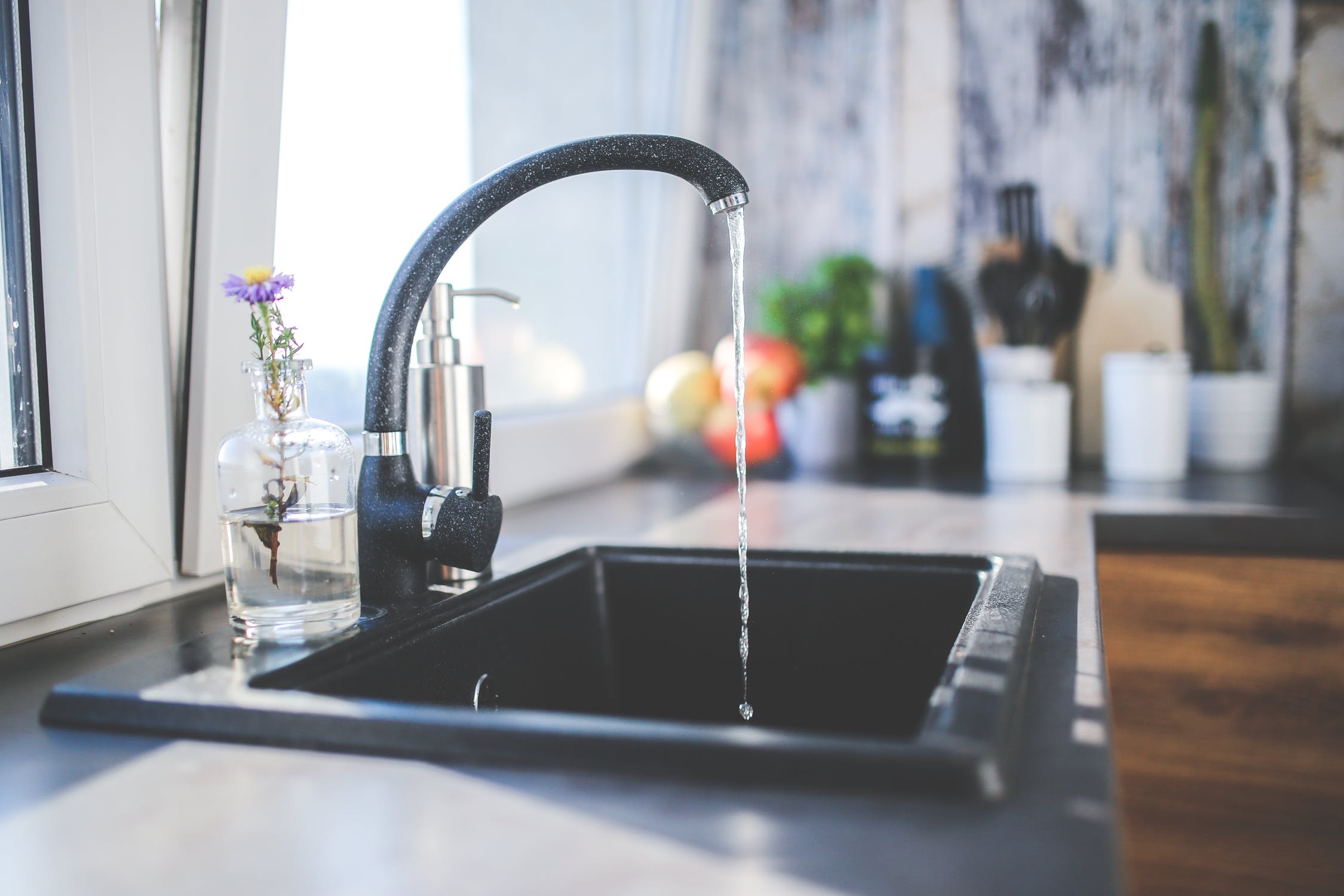
Method One: Vinegar
This method is one that’s been proven to work. Popular Mechanics released a whole guide on removing rust from tools, which focused most prominently on utilizing vinegar. We’ve adapted their experiment to only include the method, and have written it here:
First, grab a bucket. Fill that bucket with white vinegar (yes, the wee plastic packets kind that McDonald’s gives you). Soak your tools in it.
Popular Mechanics reported that they saw results after a couple hours, but they recommend leaving them in overnight for the best results.
When the tools have marinated, take them out of the bucket and start scrubbing them with some steel wool. You’ll find that the rust comes off with less elbow grease than you might have anticipated! Don’t forget to rinse and dry. That vinegar odor is strong.
And don’t use this bucket to dip your fries in. Rust is bad for your tools, worse in your stomach.
Method Two: Coke and Aluminum
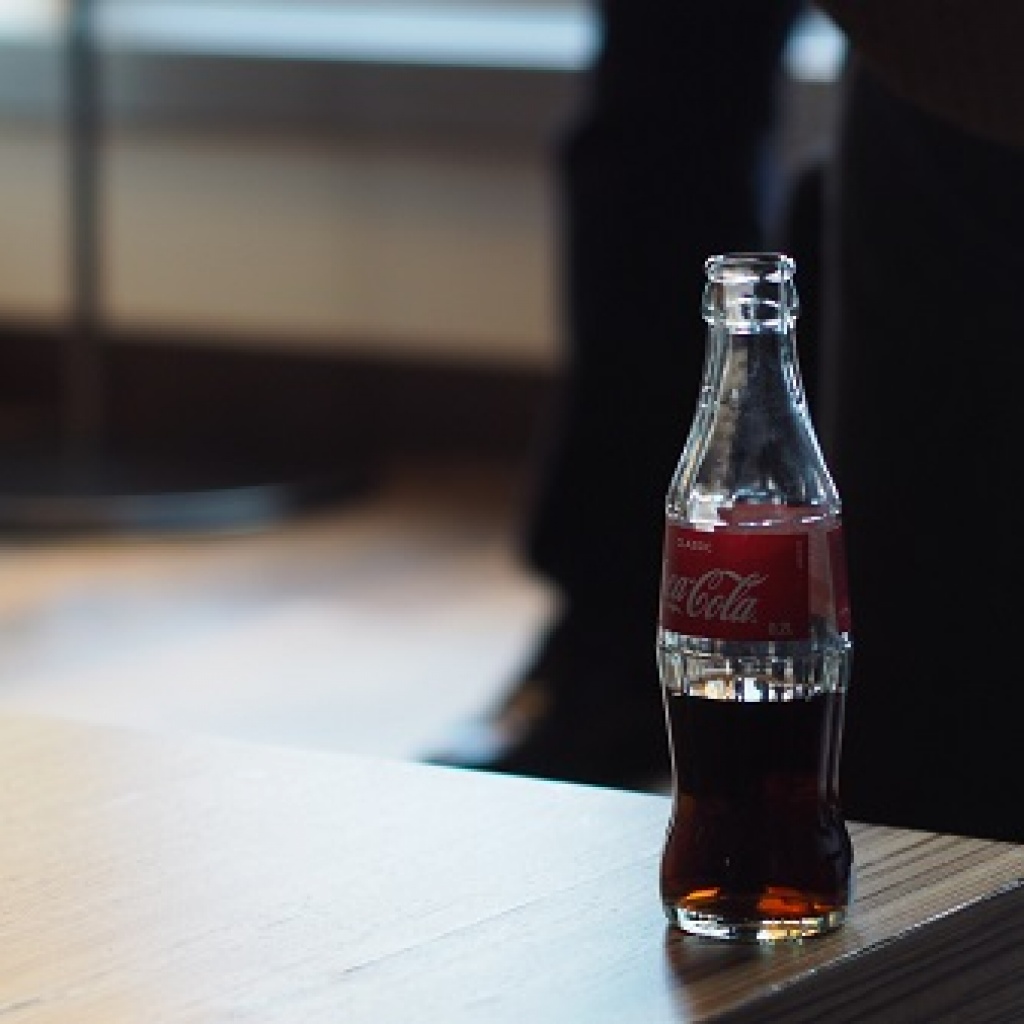
This method is one that we found when looking at general rust removal. Snapguide shows a person using this to clean their bike, but we think you could adapt it for your tools as well.
First, get a small tub and fill it with Coca-Cola. The guide didn’t recommend one version of Coke over another, but we assume it’s best to stick with the full sugar version rather than the diet-approved Coke Zero.
Next, grab a wad of aluminum foil and dip it in the coke. Go through your tools and polish them one by one using the aluminum foil. For tools that are really rusty, we would recommend letting them soak before trying to rub the rust off with the aluminum foil.
The guide also recommends that you keep some water and a rag nearby. This will help you clean your hands between scrubbings, ensuring that you’re not bringing old rust onto your like-new tools.
Again, please do not use this aluminum foil to cook the fries from my last terrible joke. Wash your fries down with something else too, because this Coke product is not going to be great, though probably still better than Pepsi.
Method Three: Baking Soda
Is there anything baking soda can’t do? The answer is no.
Baking soda is one of the most versatile kitchen staples anyone could own. While we wouldn’t recommend sprinkling it on your cereal, it does make for an excellent household cleaner. And now you can use it to put rust in its place too!
First, grab the tool you want to clean. Rinse it briefly but thoroughly with water, and shake the excess off. Don’t pat the tool dry, or else this method won’t work.
Once you’ve got your semi-damp tool ready, sprinkle a generous amount of baking soda onto the object. Let it sit for a while, and just when it’s starting to dry grab something to scrub with. Using your steel wool or metal bristled scrub brush, start to work the rust off.
You’ll need to use more strength and force with this method than the prior two, but the results come a lot quicker. This method is best used on light rust, which hasn’t corroded much of the metal yet.
Can’t think of a clever (or groan-worthy) joke about eating french fries with this one guys, sorry.
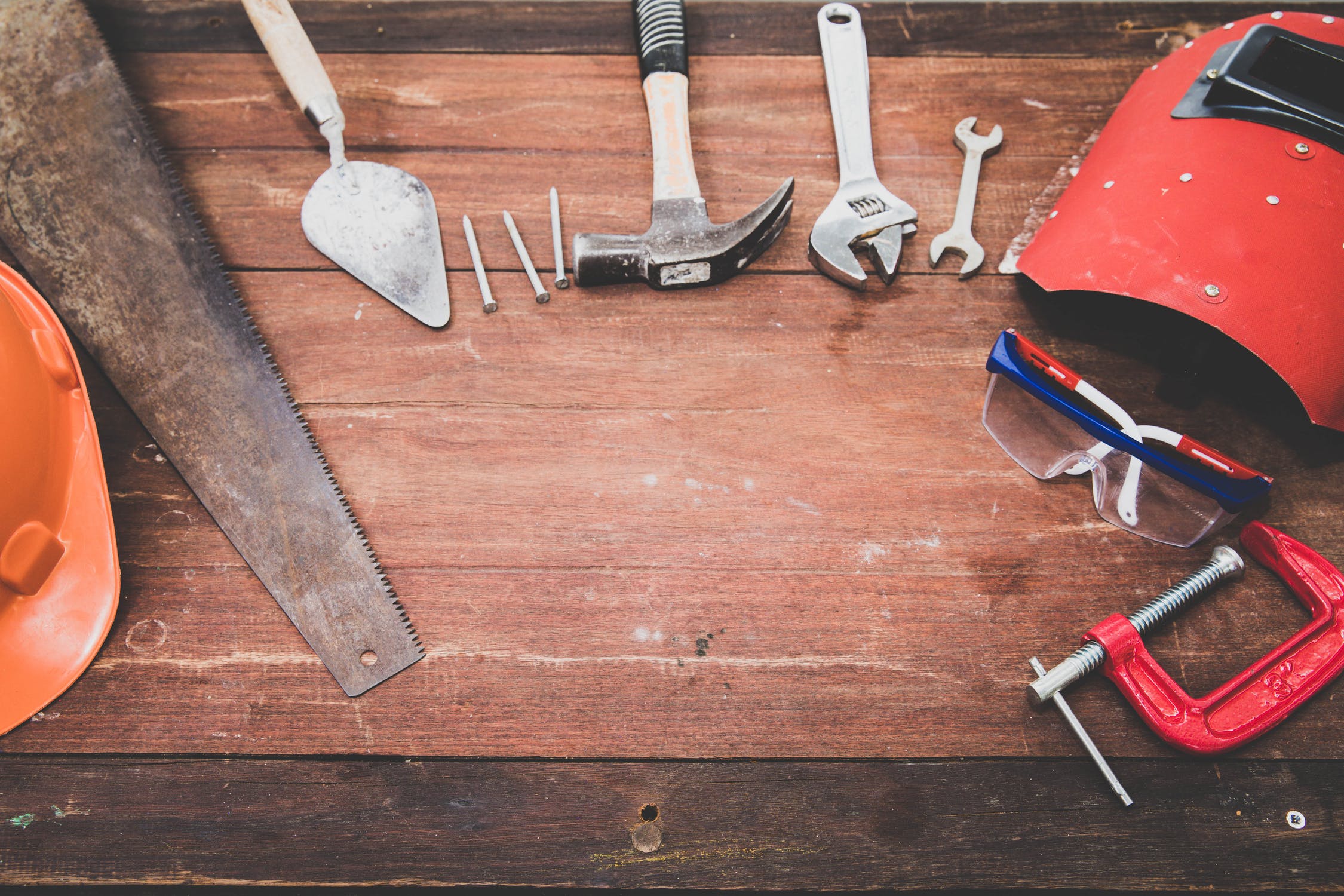
Store Bought Products:
Is there anything money can’t buy? Honestly, we don’t think so.
Money can buy rust remover, which gets your tools back into tip-top shape. Being able to work on your motorcycle or car is as close to happiness as many of us get.
Money bought that.
We know that you want options that can get your tools clean and working-ready in a few hours. Lucky for you those products do exist. There’s a few approaches you can take here when it comes to purchasing over the counter rust removal products.
Or, just use your money to buy new tools (but we don’t suggest this method).
Method One: Rust Removers
These are anything that takes the rust and gets rid of it.
WD40 (AKA miracle spray) has a rust remover which people love. It’s called Rust Remover Soak and it’s said to get rid of moderate rust in 1 to 3 hours. They’re not the only ones that taut that claim to fame, though, as many other chemical products say that they can remove rust quickly.
Follow the product usage suggestions on the back of the bottles to judge which one you want to invest in. They’ll be able to tell you the rust removal times, whether scrubbing is involved, and what level of rustiness they work the best on.
Method Two: Citric Acid
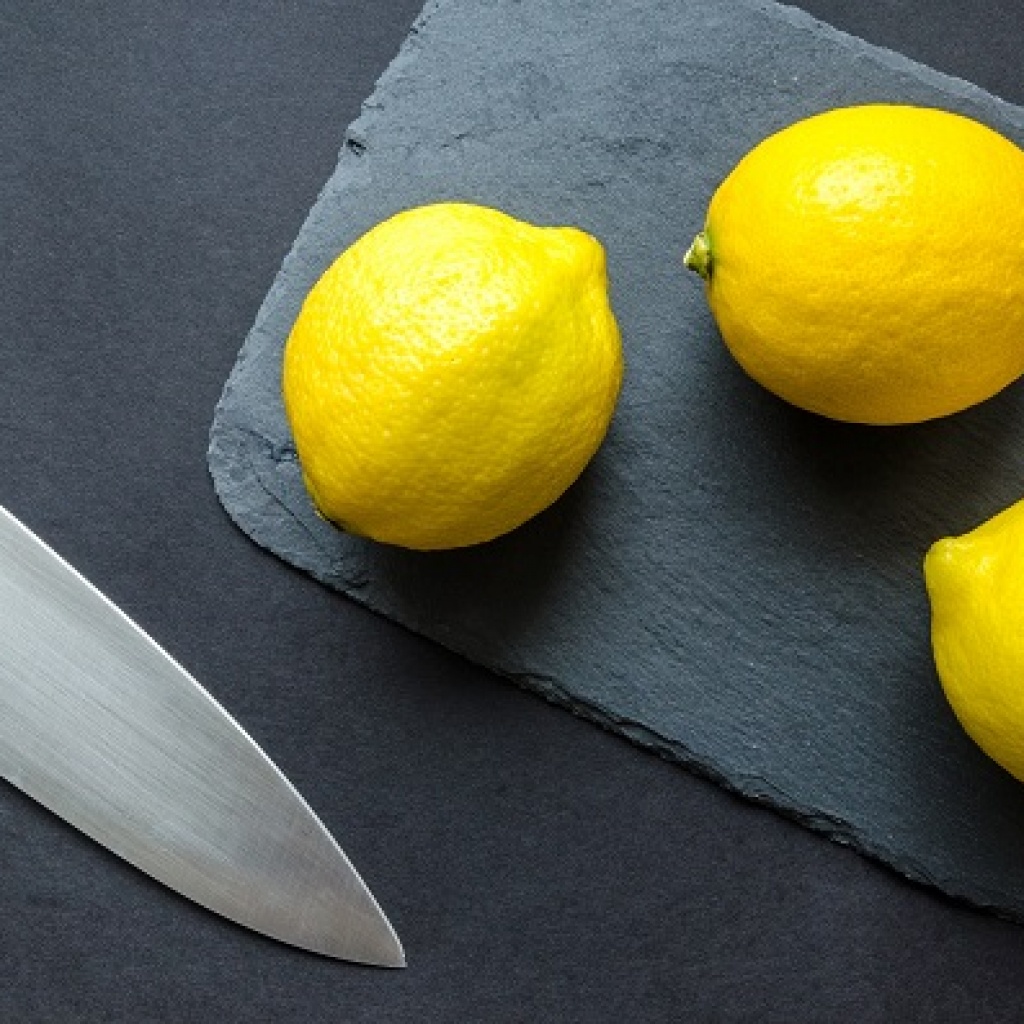
We mention this one specifically because it’s a funny middle ground between the store bought removers and a natural product. While it’s unlikely you’ve got citric acid lying around, it’s worth picking up the next time you’re running errands.
If you think the product name sounds familiar, you’re right. You’ve probably read this as an ingredient on many of your favourite snacks, desserts, and juices.
Citric acid is a natural product, but it’s incredibly strong. Many people recommend leaving the tools in a citric acid solution overnight, but if you can probably get away with half the amount of time for light rusting.
This is cheaper, more highly concentrated, and better for the environment than using chemical removers, this is one over-the-counter product that we definitely recommend.
You might even be able to bake with the unused citric acid! Like french fries!
Method Three: Diesel
Yup. In the same way that you soak the tools in vinegar, Cola, or citric acid, you can also soak them in diesel.
While it’s not the most accessible product out there, some motorcycle/car aficionados might have a gallon or two in their garage.
The same rules apply as the other products: let the tools soak in the diesel overnight, and in the morning you should be able to scrape the rust off. Be careful not to wash the tools after! Wipe them dry and go about your work.
Water’s a no-no on this one!
Method Four: Convert Rust
This is a method that we hadn’t heard of before researching all of the items above. While everyone knows that you can remove rust, did you know that you can convert it?
According to WikiHow, a rust converter stops the rust from eating. It basically freezes the process, which means your tools will never get worse.
We recommend keeping a can of this with you. You’ll be able to spray small rust spots before they get out of hand, prolonging the amount of time between rust soaking sessions. Note, however, that you’ll have the texture and look of the rust on your tools still. Granddad might not be too happy about that, even if you’re fine with it.

Which one’s best?
When it comes to removing rust all you really need is an abrasive material (like steel wool or aluminum) and an acidic, or corrosive substance. Fighting fire with fire really works in the case of rusty tools. We hope that you’re able to fix those hand-me-down wrenches and leaky shed tools. Whether you want to try a household remedy or a store-bought one is up to you.
We hope we’ve been able to help you make that decision.
Prevention (or, how to make sure this never happens again):
If you’re looking to avoid having to do any of these things in the future, or ever, you just need to throw some money at the problem, and dissolve some of your laziness.
It’s crucial, that with most metal products (tools, instruments, etc) that you take the time to wipe them down after use. Unfortunately for us, and our love of these metal things, our greasy fingers leave moisture on metal, and can be the direct culprit for why you’re growing it within your toolshed. Use a dry rag, and give everything a good wipe-down. Think about it as if you are getting rid of your fingerprints for … well … who knows what reason!
There are plenty of products at garages, gas stations, and hardware stores called (in some variant) Rust Proofing. Whether you’ve just rid your wrench of rust, or picked up a brand new set, there’s no harm in throwing some rust-proof on those metal surfaces immediately. This works much like a sealant, and will provide little to no opportunity for moisture to get inside your tools.
We’ve looked at a lot of options here, and hopefully one of these sounds like it will work for you. As important as our vehicles are, the tools we use on them are also very important. We should be putting in as much care with them, as we do our motorcycles or cars.
Ride free, and ride safe.
… and now I want french fries.
Sources
- BBC – Chemical Resources Oxidation
- SnapGuide – Coca-Cola Rust Removal
- Popular Mechanics – How to Remove Rust
- WD40 – Rust Remover
- WikiHow – Rust Removal




